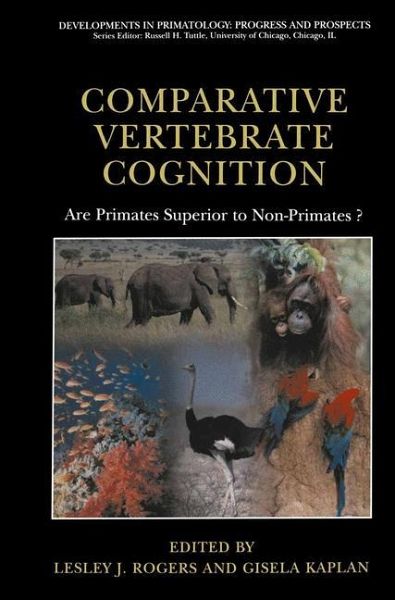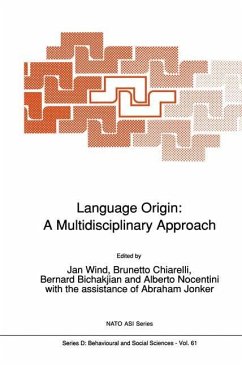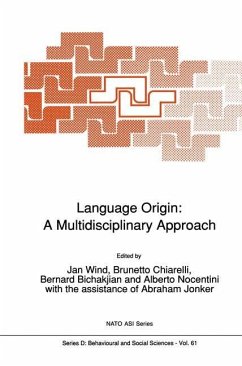
Comparative Vertebrate Cognition
Are Primates Superior to Non-Primates?
Herausgegeben von Rogers, Lesley J.; Kaplan, Gisela

PAYBACK Punkte
57 °P sammeln!
This book explores afresh the long-standing interest, and emphasis on, the `special' capacities of primates. Some of the recent discoveries of the higher cognitive abilities of other mammals and also birds challenge the concept that primates are special and even the view that the cognitive ability of apes is more advanced than that of nonprimate mammals and birds. It is therefore timely to ask whether primates are, in fact, special and to do so from a broad range of perspectives. Divided into five sections this book deals with topics about higher cognition and how it is manifested in different...
This book explores afresh the long-standing interest, and emphasis on, the `special' capacities of primates. Some of the recent discoveries of the higher cognitive abilities of other mammals and also birds challenge the concept that primates are special and even the view that the cognitive ability of apes is more advanced than that of nonprimate mammals and birds. It is therefore timely to ask whether primates are, in fact, special and to do so from a broad range of perspectives. Divided into five sections this book deals with topics about higher cognition and how it is manifested in different species, and also considers aspects of brain structure that might be associated with complex behavior.














